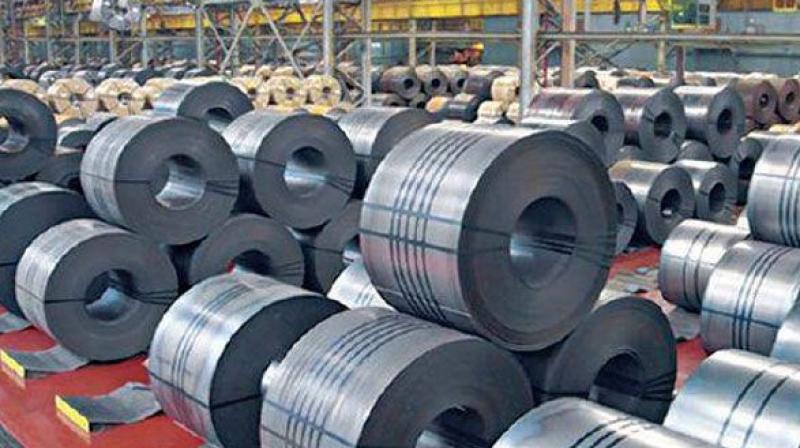Chennai: There are incoming shipments of substandard steel from non-approved manufacturers in China and Southeast Asia, bearing counterfeit Steel with fake BIS certificate. This presents a challenge for the caliber of products on the market and for domestic production. “India is encountering an increasing issue with inferior imports that misleadingly assert they are certified by the Bureau of Indian Standards (BIS). These substandard products infiltrate the market with counterfeit BIS labels, deceiving consumers and evading safety and quality standards,” stated Ajay Srivastava, founder of GTRI.
The steel sector is encountering difficulties in upholding quality standards throughout its worldwide supply chain. Some importers mislabel uncertified steel grades as having BIS approval,
sacrificing quality in essential sectors such as construction and infrastructure. In September 2024, Guangdong Runxin Industrial Investment, a Chinese manufacturer of stainless steel cold-rolled coils and sheets, notified Indian Customs that certain importers and Chinese exporters were misusing its BIS certificate to export non-certified steel grades instead of the specific grades for which they were certified to export to India. In order to avert this, the company introduced an online verification platform – www.runxinbis.com – and called on customs officials to confirm shipments prior to their clearance.
A comparable problem has been noted regarding the BIS certificate of Inox Hoah Binh Joint Stock Company, a Vietnamese company that was recently awarded a BIS license for a specific grade of stainless steel. It has been reported that this certificate is used fraudulently at Customs without proper verification, allowing importers to clear cheaper goods obtained from unlicensed factories. “This endangers public safety and also has a negative impact on domestic producers who adhere to stringent quality standards. According to GTRI, “The influx of such goods can undermine trust in certified products and create unfair competition for businesses adhering to BIS standards.”

